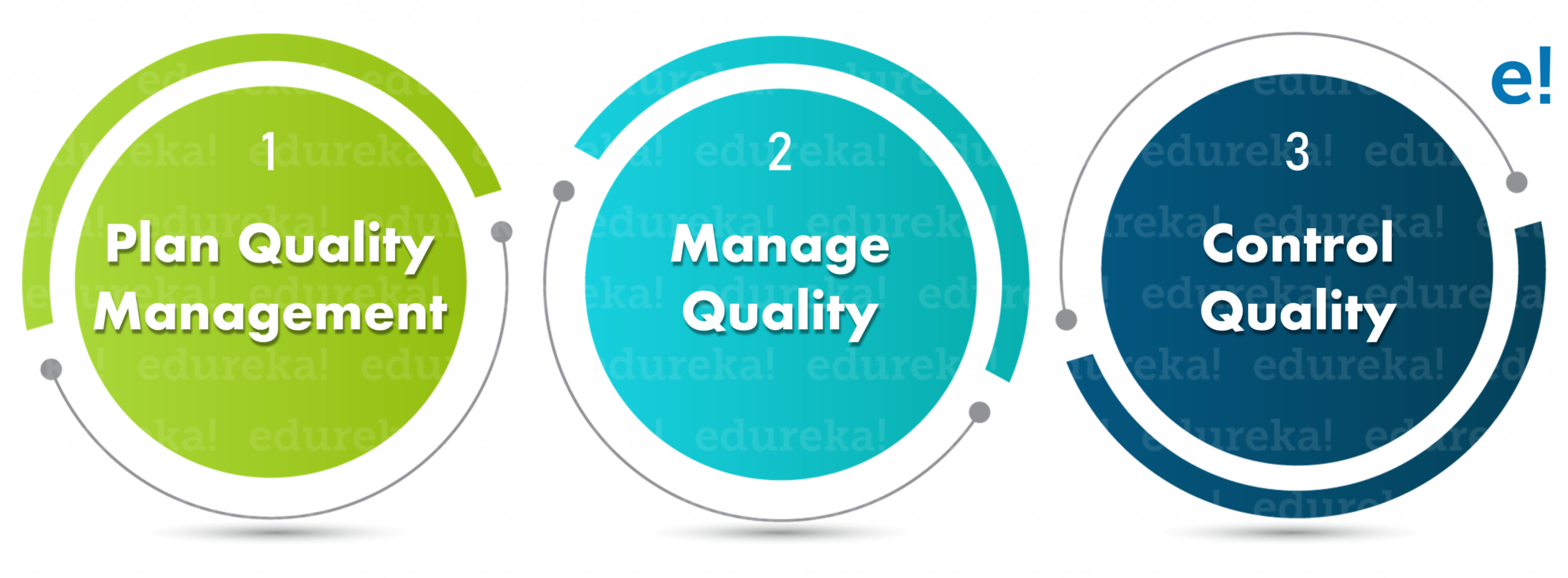- Teacher: Farzana Naheed NA NA
Site announcements
Skip available courses
Available courses
Curriculum Development & Textbook Production
Course Code: EDU-721 Credit Hours: 03
Course
Objectives
After completing this course, the learners will able to:
1. Conceptualize the term curriculum.
2. Discuss the scope and elements of curriculum with reference to Pakistani context.
3. Discuss the foundations of curriculum development in general.
4. Demonstrate the knowledge about some of the types of curriculum applicable in Pakistan.
5. Explain the process of curriculum development being followed in Pakistan.
6. Identify the limitation of curriculum development in Pakistan and suggest some improvements.
7. Determine and formulate instructional objectives in behavioral terms.
8. Select and apply appropriate instructional strategies accordingly.
9. Discuss various teaching aids and develop low cost materials.
OUTLINES of CONTEXT
Unit-1 Introduction
1.1 Conceptual understanding of curriculum.
1.2 Scope of curriculum.
1.3 Elements of curriculum.
1.4 Interrelationship between these elements.
Unit-2 Foundations of Curriculum.
2.1 Philosophical foundations.
2.2 Psychological Foundation.
2.3 Socio-cultural foundation.
Unit-3 Types of Curriculum.
3.1 Subject based curriculum.
3.2 Teacher centered curriculum.
3.3 Learner centered curriculum.
3.4 Activity based curriculum.
Unit-4 Curriculum Design
4.1 Situational Analysis.
4.2 Formulation of Objectives.
4.3 Selection and Organization of contents.
4.4 Selection of appropriate methods.
4.5 Assessment of student’s achievements.
Unit-5 Curriculum Development in Pakistan.
5.1 Various agencies involved in the process of curriculum development in Pakistan.
a) Provincial CRDC’s.
b) Bureau of curriculum Development and research.
c) Curriculum wing.
d) HEC.
5.2 Role of teachers in curriculum Planning.
Unit-6 Instructional Objectives
6.1 Goats, Aims and Objectives.
6.2 Importance of learning objectives.
6.3 Identifying behavioral objectives.
6.4 Taxonomy of Educational objectives.
Unit-7 Instructional Material.
7.1 Importance & Characteristics of audio aids.
7.2 Importance & Characteristics of visuals aids.
7.3 Teachers role in the development of low cost materials.
Unit-8 Evaluation & Revision of Curriculum
8.1 Method of Evaluation.
8.2 Procedures of revision.
8.3 Revision of curriculum for secondary classes in Pakistan.
8.4 Policy & Principles for Textbook Production.
8.5 The Role of Private Sector in Textbook Production
8.6 Problems & Issues in Textbook Production.
Suggested Readings:
1 Roger Crombie White (1997) a celebration of classroom practices. Published by Edm Undsbury (UK).
2 Vor Goodson (1993) School subject and curriculum change. Published in Falmer Press Washington (London).
3 Mc Neil, J.D (1990) Curriculum Development and design 5th edition and Lenpin, Malaysia.
4 Rehman, Mehmuda (1999) Curriculum and Instruction, Peshawar, lijaz Printers, Pakistan.
- Teacher: Farzana Naheed NA NA
Course Title: Project Management
Course Description:
Dear students Welcome to the Project Management course, designed to equip you with the knowledge and skills necessary to manage projects effectively. This course will cover the fundamental principles, concepts, and best practices in project management, enabling you to plan, execute, and deliver projects successfully.
- Teacher: Dr. Aqeel Wahab Siddiqui
This course is designed to engage students in a discussion of Corporate Social Responsibility through a series of interactive learning activities. The course will begin with preparing the students to discuss and debate the definition and importance of CSR to a company’s strategy. We’ll then move on to examine situations in which companies have not done a very good job at demonstrating good CSR practices, and we’ll examine the complexity of those situations and the range of possible responses. Finally, we’ll look at some companies that have demonstrated CSR “best practices”, and discuss what these examples teach us that we can apply in our future careers. The class depends highly on student participation, and student interests will drive the topics and situations that are considered and discussed.

- Teacher: Shahid Rasheed

- Teacher: Shahid Rasheed
In this course, we cover, Plan Schedule Management, Define Activities, Sequence Activities, Estimate Activity Duration, Develop Schedule and Control Schedule.
After MID-TERM Examination, we will learn Plan Cost Management, Estimate Cost, Develop Budget and Control Cost Proccess.
- Teacher: Dr. Aqeel Wahab Siddiqui
This course develops the principles, processes and practices necessary to manage project communication reporting and presentation for organizations in both private and public sectors. The knowledge relates to the Project Management Body of Knowledge (PMBOK) and their application to better understand the communication requirements and effective communication management throughout the project life cycle. Through practice and a simulation environment you will conduct activities pertaining to planning, managing and monitoring & controlling of project communication efficiently.

- Teacher: Muhammad Bilal Ahmed
This course develops the principles, processes and practices necessary to manage project risk for organizations in both private and public sectors. The knowledge relates to the Project Management Body of Knowledge (PMBOK) and their application to increase the probability and impact of positive events whilst decreasing the likelihood and effect of adverse happenings. Through practice and a simulation environment you will conduct activities pertaining to planning, identification, analysis, and monitoring and controlling of project risk.

- Teacher: Muhammad Bilal Ahmed
- Teacher: Fawad Latif
- Teacher: Muhammad Zeeshan
- Teacher: Sadiq Moeen
- Teacher: Muhammad Zeeshan
- Teacher: Muhammad Zeeshan
- Teacher: Muhammad Zeeshan
- Teacher: Muhammad Zeeshan
Skip course categories

